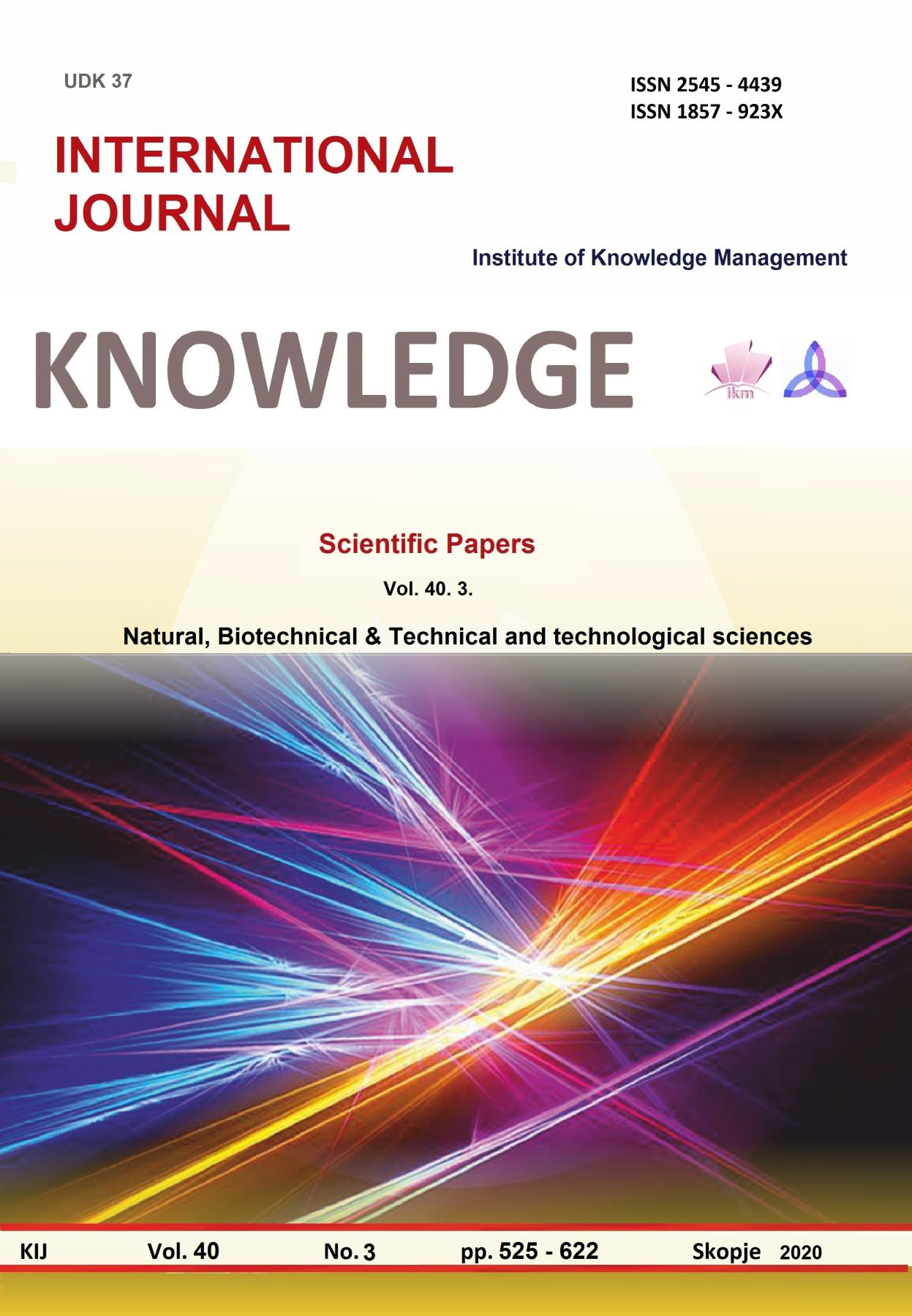COMPARATIVE ANALYSIS OF DRINKING WATER MONITORING DURING FLOODS IN BULGARIA
COMPARATIVE ANALYSIS OF DRINKING WATER MONITORING DURING FLOODS IN BULGARIA
Author(s): Rumyana Etova, Desislava Todorova, Tsvetelina MihaylovaSubject(s): Applied Geography, Health and medicine and law
Published by: Scientific Institute of Management and Knowledge
Keywords: flood;monitoring;drinking water
Summary/Abstract: The floods are disaster situations, which bring about risk - to the highest extent - for the life and health of Bulgarian population. Intensified control over the possible unfavorable factors of floods is necessary for prevention of appearance and development of infectious diseases. The basic factor of contagion transmission is the water contaminated with pathogenic microorganisms, which results in development of heavy hygienic and epidemiological situation. The aim of the study is to analyze drinking water monitoring after flood. Material and methods: Data were collected from references in literature on the subject, as well as from a personal study on two floods, which affected the second and the third largest cities of Republic of Bulgaria - Plovdiv (2005) and Varna (2014). The parameters from the ongoing health control in the period of time without flood (2015) were also studied. Descriptive and comparative methods were used in the study. Results: The comparative analysis of drinking water monitoring in Plovdiv in the period with flood (2005), and period without flood (2015), showed that - when floods occurred - changes in the normal parameters of drinking water were established, which increased the risk from development of intestinal infectious diseases with water as a transmission factor. After the flood in the district of "Asparuhovo", samples of drinking water were also collected from objects with public significance. After cleaning up territories affected by the flood, and multiple collection of drinking water samples in norm, the water supply was resumed. Discussion: The results from drinking water monitoring are indicative for the effectiveness of hygienic and antiepidemiological undertakings in the periods before and during flood. Conclusions: Intensified monitoring of drinking water quality is also necessary, and it is implemented according to organoleptic, chemical, and microbiological parameters in the towns and villages affected by the flood. Final statement: The frequent monitoring of drinking water after those and other floods, the intensified regimen of cleaning, disinfection, subsequent healthcare expert opinion, as well as the purposeful healthcare education, are priorities for the respective institutions in Bulgaria, regarding the prevention of infectious diseases appearance after flood
Journal: Knowledge - International Journal
- Issue Year: 40/2020
- Issue No: 3
- Page Range: 547 - 552
- Page Count: 6
- Language: English

